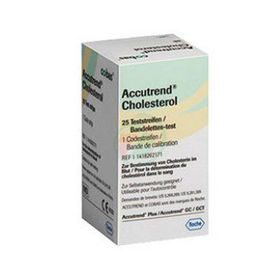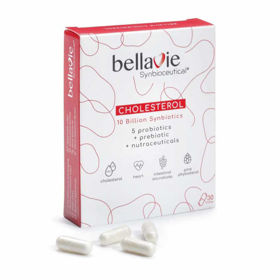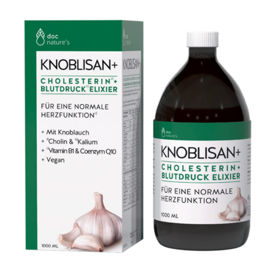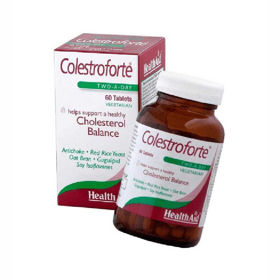Vprašanje stranke:
Kakšne so povprečne vrednosti za holesterol? Vprašanje anonimne stranke
Odgovor farmacevta:
Povprečne vrednosti za holesterol se lahko razlikujejo glede na starost, spol, prehrano, telesno dejavnost, genetiko in druge dejavnike. Kljub temu pa obstajajo splošne smernice za normalne ravni holesterola v krvi, ki jih pogosto uporabljajo zdravstveni strokovnjaki.
Tu so povprečne vrednosti za holesterol:
- Skupni holesterol: običajno je normalna raven skupnega holesterola manj kot 200 miligramov na deciliter (mg/dL) krvi.
- LDL holesterol ("slabi" holesterol): normalna raven LDL holesterola je manj kot 100 mg/dL. Če imate povečano tveganje za srčno-žilne bolezni, kot so srčni napadi ali kapi, lahko zdravnik priporoči še nižje ciljne ravni LDL holesterola, na primer manj kot 70 mg/dL.
- HDL holesterol ("dober" holesterol): višje ravni HDL holesterola so zaželene, saj HDL pomaga odstranjevati LDL holesterol iz krvi. Običajno je normalna raven HDL holesterola več kot 40 mg/dL pri moških in več kot 50 mg/dL pri ženskah.
- Trigliceridi: normalna raven trigliceridov v krvi je manj kot 150 mg/dL.
Ali si holesterol lahko merimo tudi doma?
Da, holesterol si je mogoče meriti tudi doma s pomočjo prenosnih naprav za merjenje holesterola. Te naprave, imenovane tudi merilniki holesterola v krvi s testni trakovi za holesterol, so na voljo v lekarnah brez recepta.
Postopek merjenja holesterola doma je preprost in vključuje naslednje korake:
- Napravo za merjenje holesterola je potrebno najprej pripraviti v skladu z navodili proizvajalca. To običajno vključuje vstavljanje testnega traku v merilnik in vklop naprave.
- Pred odvzemom krvi je potrebno izbrati prst in ga očistiti z alkoholno blazinico ali milom ter vodo. Nato je smiselno prst nežno masirati z namenom, da spodbudite krvni obtok.
- S pomočjo naprave za odvzem krvi in sterilne lancete je potrebno prebosti koži na izbranem prstu in pridobiti majhno kapljico krvi.
- Kapljico krvi nanesemo na testni trak, ki je že vstavljen v merilnik, in počakamo nekaj sekund, da naprava izmeri raven holesterola v krvi.
- Po končanem testiranju bo naprava prikazala rezultate, običajno v enotah miligramov na deciliter (mg/dL). Te rezultate lahko primerjate s ciljnimi vrednostmi holesterola in jih posredujete svojemu zdravniku za nadaljnjo interpretacijo.
Merjenje holesterola doma lahko zagotovi hitre in enostavne informacije o vaših ravneh holesterola in vam omogoči, da spremljate vaše zdravje srca v udobju vašega doma. Pomembno pa je vedeti, da so naprave za domače merjenje holesterola manj natančne kot laboratorijski testi, zato je za končno diagnosticiranje in načrtovanje zdravljenja priporočljivo obiskati zdravnika. Poleg tega je pomembno, da se zavedate dejavnikov, ki lahko vplivajo na natančnost rezultatov, kot so prehrana, telesna dejavnost in uporaba zdravil.
Zanimivo branje: Tablete proti holesterolu forum
Zanimivo branje: Ldl holesterol








 Facebook
Facebook
 Instagram
Instagram
 info@moja-lekarna.com
info@moja-lekarna.com

